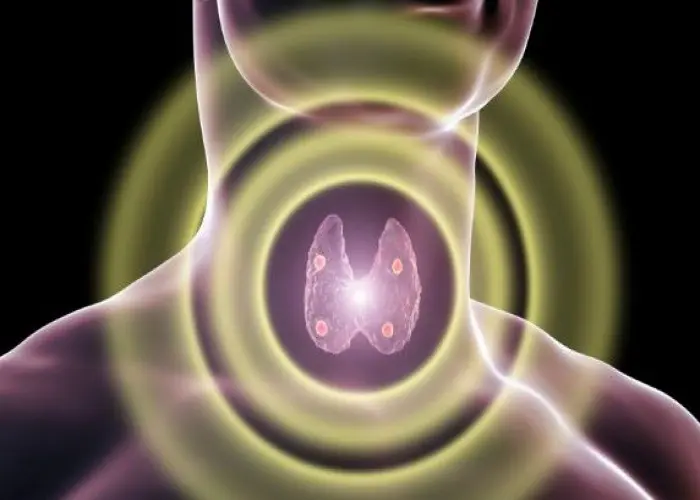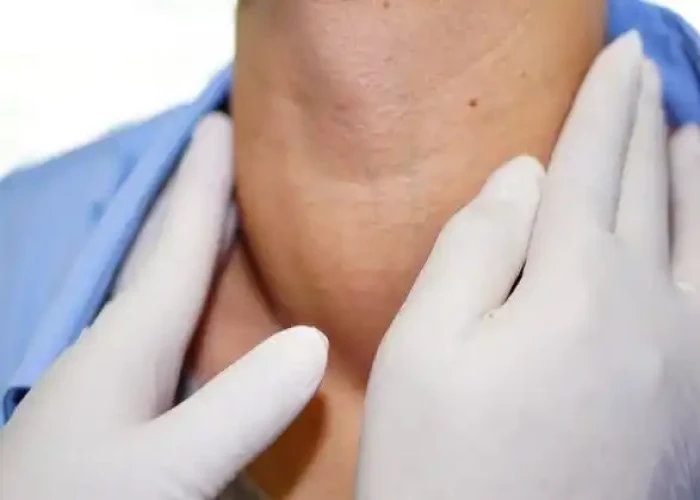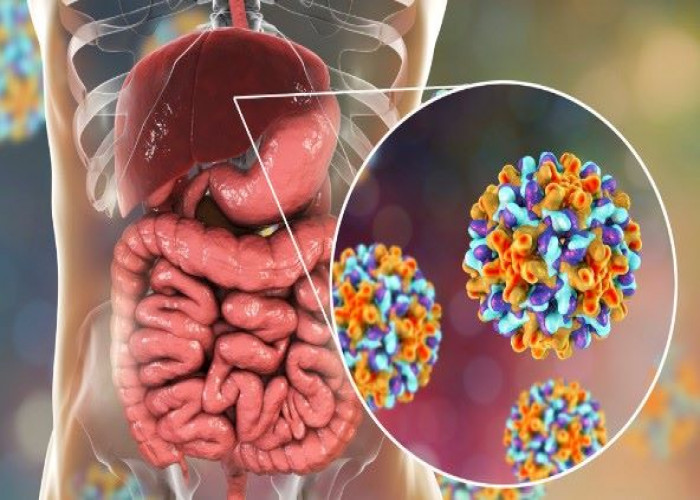 Welcome
Welcome
“May all be happy, may all be healed, may all be at peace and may no one ever suffer."
Hepatitis B

Hepatitis B is a viral infection that affects the liver. It is caused by the hepatitis B virus (HBV), which is transmitted through contact with infected blood or bodily fluids. The virus can be spread through sexual contact, sharing needles or syringes, from mother to child during childbirth, or through other means of exposure to infected blood or bodily fluids.
Some people who are infected with HBV may not experience any symptoms, while others may develop acute or chronic hepatitis. Acute hepatitis B symptoms can include fatigue, abdominal pain, nausea, vomiting, and jaundice. In some cases, acute hepatitis B can lead to chronic hepatitis, which can cause serious liver damage, liver failure, and an increased risk of liver cancer.
Hepatitis B can be prevented through vaccination, which is recommended for all infants and children, as well as for adults who are at increased risk of infection. Treatment for hepatitis B may include antiviral medications and regular monitoring of liver function. It is important to see a healthcare provider if you think you may have been exposed to the virus or if you are experiencing symptoms of hepatitis B.
Research Papers
Disease Signs and Symptoms
- Abdomen pain
- Yellowing of skin and eyes (jaundice)
- Fatigue (Tiredness)
- Weakness
- Nausea or vomiting
- Loss of appetite
- Joint pain
- Fever
- Dark urine color
- Hepatitis
Disease Causes
Hepatitis B
Hepatitis B infection is caused by the hepatitis B virus (HBV). The virus is passed from person to person through blood, semen or other body fluids. It does not spread by sneezing or coughing.
Common ways that HBV can spread are:
- Sexual contact. You may get hepatitis B if you have unprotected sex with someone who is infected. The virus can pass to you if the person's blood, saliva, semen or vaginal secretions enter your body.
- Sharing of needles. HBV easily spreads through needles and syringes contaminated with infected blood. Sharing IV drug paraphernalia puts you at high risk of hepatitis B.
- Accidental needle sticks. Hepatitis B is a concern for health care workers and anyone else who comes in contact with human blood.
- Mother to child. Pregnant women infected with HBV can pass the virus to their babies during childbirth. However, the newborn can be vaccinated to avoid getting infected in almost all cases. Talk to your doctor about being tested for hepatitis B if you are pregnant or want to become pregnant.
Acute vs. chronic hepatitis B
Hepatitis B infection may be either short-lived (acute) or long lasting (chronic).
- Acute hepatitis B infection lasts less than six months. Your immune system likely can clear acute hepatitis B from your body, and you should recover completely within a few months. Most people who get hepatitis B as adults have an acute infection, but it can lead to chronic infection.
- Chronic hepatitis B infection lasts six months or longer. It lingers because your immune system can't fight off the infection. Chronic hepatitis B infection may last a lifetime, possibly leading to serious illnesses such as cirrhosis and liver cancer.
The younger you are when you get hepatitis B — particularly newborns or children younger than 5 — the higher your risk of the infection becoming chronic. Chronic infection may go undetected for decades until a person becomes seriously ill from liver disease.
Disease Prevents
Hepatitis B
The hepatitis B vaccine is typically given as three or four injections over six months. You can't get hepatitis B from the vaccine.
The hepatitis B vaccine is recommended for:
- Newborns
- Children and adolescents not vaccinated at birth
- Those who work or live in a center for people who are developmentally disabled
- People who live with someone who has hepatitis B
- Health care workers, emergency workers and other people who come into contact with blood
- Anyone who has a sexually transmitted infection, including HIV
- Men who have sex with men
- People who have multiple sexual partners
- Sexual partners of someone who has hepatitis B
- People who inject illegal drugs or share needles and syringes
- People with chronic liver disease
- People with end-stage kidney disease
- Travelers planning to go to an area of the world with a high hepatitis B infection rate
Take precautions to avoid HBV
Other ways to reduce your risk of HBV include:
- Know the HBV status of any sexual partner. Don't engage in unprotected sex unless you're absolutely certain your partner isn't infected with HBV or any other sexually transmitted infection.
- Use a new latex or polyurethane condom every time you have sex if you don't know the health status of your partner. Remember that although condoms can reduce your risk of contracting HBV, they don't eliminate the risk.
- Don't use illegal drugs. If you use illicit drugs, get help to stop. If you can't stop, use a sterile needle each time you inject illicit drugs. Never share needles.
- Be cautious about body piercing and tattooing. If you get a piercing or tattoo, look for a reputable shop. Ask about how the equipment is cleaned. Make sure the employees use sterile needles. If you can't get answers, look for another shop.
- Ask about the hepatitis B vaccine before you travel. If you're traveling to a region where hepatitis B is common, ask your doctor about the hepatitis B vaccine in advance. It's usually given in a series of three injections over a six-month period.
Disease Treatments
Treatment to prevent hepatitis B infection after exposure
If you know you've been exposed to the hepatitis B virus and aren't sure if you've been vaccinated, call your doctor immediately. An injection of immunoglobulin (an antibody) given within 12 hours of exposure to the virus may help protect you from getting sick with hepatitis B. Because this treatment only provides short-term protection, you also should get the hepatitis B vaccine at the same time, if you never received it.
Treatment for acute hepatitis B infection
If your doctor determines your hepatitis B infection is acute — meaning it is short-lived and will go away on its own — you may not need treatment. Instead, your doctor might recommend rest, proper nutrition and plenty of fluids while your body fights the infection. In severe cases, antiviral drugs or a hospital stay is needed to prevent complications.
Treatment for chronic hepatitis B infection
Most people diagnosed with chronic hepatitis B infection need treatment for the rest of their lives. Treatment helps reduce the risk of liver disease and prevents you from passing the infection to others. Treatment for chronic hepatitis B may include:
- Antiviral medications. Several antiviral medications — including entecavir (Baraclude), tenofovir (Viread), lamivudine (Epivir), adefovir (Hepsera) and telbivudine (Tyzeka) — can help fight the virus and slow its ability to damage your liver. These drugs are taken by mouth. Talk to your doctor about which medication might be right for you.
- Interferon injections. Interferon alfa-2b (Intron A) is a man-made version of a substance produced by the body to fight infection. It's used mainly for young people with hepatitis B who wish to avoid long-term treatment or women who might want to get pregnant within a few years, after completing a finite course of therapy. Interferon should not be used during pregnancy. Side effects may include nausea, vomiting, difficulty breathing and depression.
- Liver transplant. If your liver has been severely damaged, a liver transplant may be an option. During a liver transplant, the surgeon removes your damaged liver and replaces it with a healthy liver. Most transplanted livers come from deceased donors, though a small number come from living donors who donate a portion of their livers.
Other drugs to treat hepatitis B are being developed.
Disease Diagnoses
Disease Allopathic Generics
Disease Ayurvedic Generics
Disease Homeopathic Generics
Disease yoga
Hepatitis B and Learn More about Diseases

Hypoparathyroidism

Jellyfish stings

Sinus headaches

Chemo brain

Gallbladder cancer

Thyroid nodules

Swollen lymph nodes

Tendinitis
hepatitis b, হেপাটাইটিস বি
To be happy, beautiful, healthy, wealthy, hale and long-lived stay with DM3S.
